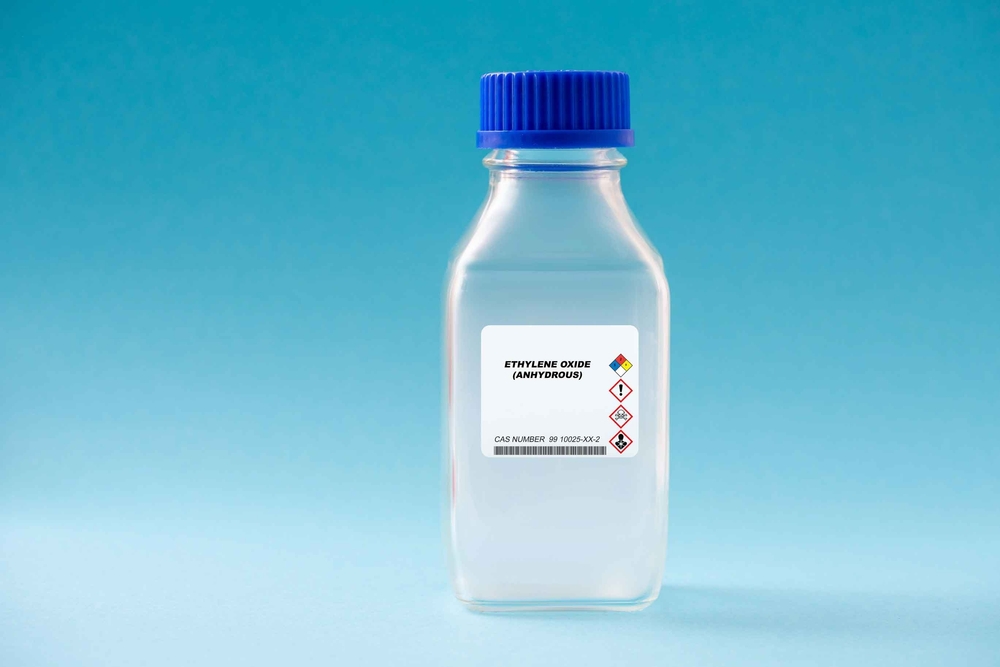A state appeals court has ruled that the Texas Commission on Environmental Quality (TCEQ) must provide documents utilized to revise its ethylene oxide (EtO) risk assessment to the Sierra Club.

Background
EtO is a flammable gas used to sterilize medial equipment and, when mixed with other chemicals, as a building block to make dish soap, plastics, adhesives, and antifreeze.
Exposure to EtO was linked to cancer about 20 years ago, and in 2016, “the EPA concluded that the chemical was 30 times more carcinogenic to people who continuously inhale it as adults and 50 times more carcinogenic to those who are exposed since birth than the agency previously thought,” reported a Texas Tribune article.
The TCEQ disagreed with the EPA’s conclusions and conducted its own risk assessment, then proposed raising “the acceptable threshold for long-term exposure to [EtO] … from 1 part per billion to 4 parts per billion,” says the Houston Chronicle.
The fight for transparency
In January 2022, the EPA announced it formally rejected the less protective standard suggested by Texas. This rejection means the Agency is free to move forward with more stringent nationwide emissions standards, according to The Texas Tribune.
With 60 EtO-emitting facilities in Texas, 38 of which are located in the Houston area, environmentalists are concerned about the TCEQ’s testing methodology.
In July 2019, Earthjustice, on behalf of the Sierra Club, filed a Public Information Act (PIA) request with the TCEQ for the documents containing the information the Texas agency utilized to reach its conclusions.
The TCEQ partially responded but withheld draft assessments and e-mail correspondence with a Texas A&M researcher who was hired under contract to do supplemental analysis, according to the Houston Chronicle.
“On Oct. 4, the TCEQ sued the state attorney general’s office after it sided with the Sierra Club and said the environmental agency ‘must release the remaining information,’” the Houston Chronicle continues. “‘[In December 2019], the Sierra Club filed what is called an intervening lawsuit, directly getting involved in the case between the attorney general and the TCEQ, to compel the environmental agency to immediately turn over the documents,’ said Neil Carman, clean air director for the Lone Star Chapter of the Sierra Club. ‘It’s quite concerning the TCEQ is trying to do this because ethylene oxide is a carcinogen,’ Carman said. ‘They need to be fully transparent. What is the TCEQ hiding?’”
After extensive legal maneuvering and appeals, the Texas Appeals Court, Third District, ruled there was no reason to withhold the information and ordered it released to the Sierra Club, along with awarding the Sierra Club reimbursement of attorneys’ fees and legal costs.